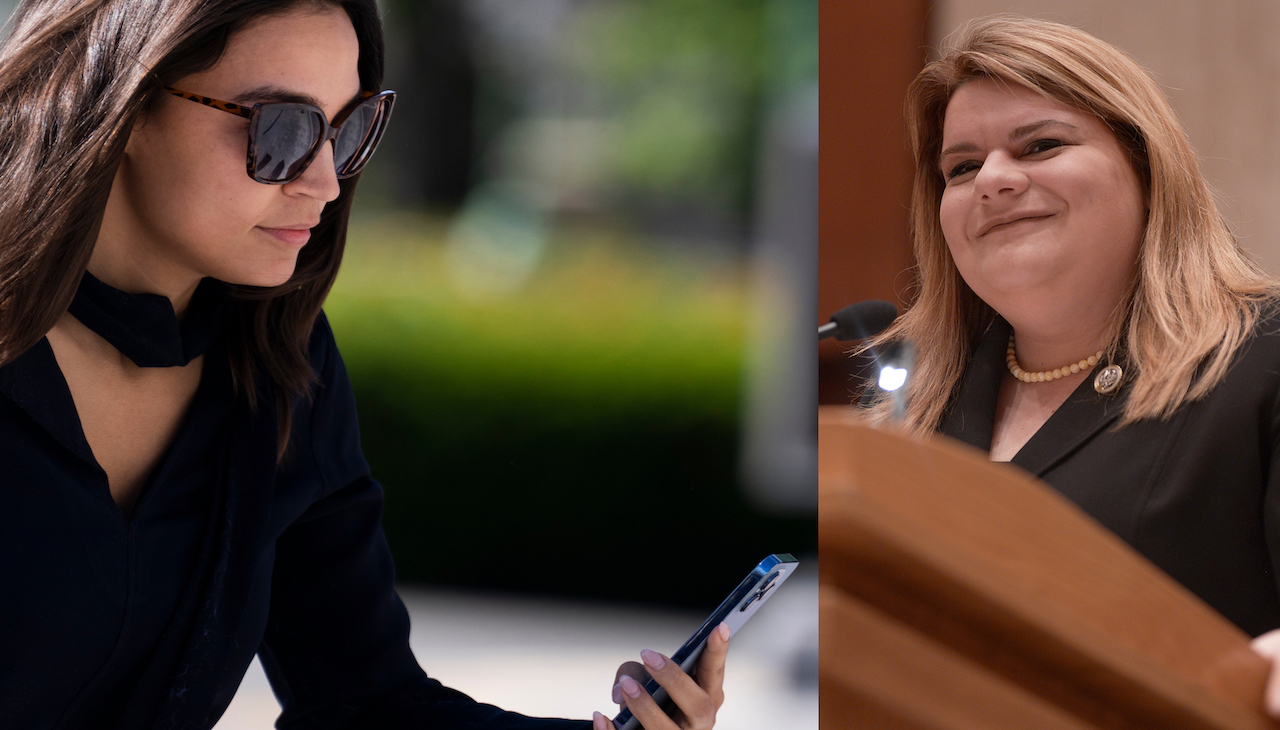
Infighting ensues over provisions in Puerto Rico status bill
Ongoing negotiations and internal scuffles reveal fundamental disagreements over the bill’s ability to garner bipartisan support.
A bill aiming to resolve Puerto Rico’s political fate could be put up for a House vote soon, heightening internal tensions amid efforts to reach final agreements.
The Puerto Rico Status Act, sponsored by Rep. Raúl Grijalva (D-Arizona), crafts resolute language to close the matter of Puerto Rico’s political status by way of a plebiscite vote, scheduled for Nov. 5 2023, an off-year for elections.
House Majority Steny Hoyer (D-Maryland) had warned House Democrats they needed to step up the pace for HB 8393, or the Puerto Rico Status Act, before Congress’s final 117th session comes to a close.
Capitol Hill is a week away from the holiday break, and both chambers have gone into legislative overdrive during the lame-duck session by passing through some final proposals before the House Majority flips.
And in the midst of sneaking the Puerto Rico Status Act along with the rest, El Nuevo Día is reporting some quarreling from within House chambers over specifics.
One of the more contested provisions was to require a 55% majority vote, or it would otherwise trigger a run-off election to be held on March 2024, according to the bill’s language.
The provision was proffered by New York Rep. Alexandria Ocasio-Cortez(D-NY), which elicited backlash from Jenniffer González, Puerto Rico’s Resident Commissioner in Washington D.C., and the former President of the Progressive Party (PNP), which has historically vied for statehood.
This exchange had all the trappings of a Twitter beef that promptly followed.
On the second week of December, González blamed Ocasio-Cortez for the bill’s delat and said her 55% voter threshold was an unnecessary obstacle to getting the bill through.
González’s comments spurred further criticism when Ángel Cintrón García, former House Majority leader from Puerto Rico, told El Nuevo Día that the bill was doing just fine until “Ocasio-Cortez got in the way.”
“Every time [the House of Representatives] are close to taking the bill to a Senate vote, Congresswoman Alexandria Ocasio-Cortez,” Cintrón told El Nuevo Día congressional correspondents.
He went on to say that Ocasio-Cortez “changes her demands with unconstitutional amendments to derail legislative proceedings at the cost of liberty, democracy and civil rights for those of us who live on the island.”
But Cintrón’s criticism was quickly dispelled by Rep. Nydia Velázquez (D-NY), who wrote on Twitter the 55% voter minimum threshold had been off the table for two months.
Similarly to González, Cintrón presides over a Republican group in Puerto Rico, and has for years advocated for statehood, unsuccessfully.
It’s largely unclear whether González was involved in negotiating specific line items in HB 8393, or if she was aware of ongoing developments, but it was bar none when directing vitriol toward the New York progressive.
RELATED CONTENT
González described Puerto Rican Ocasio-Cortez, a first generation member of the diaspora from the Bronx, as “one of those people who call themselves Puerto Rican,” and that she wouldn’t engage in “neighborhood fights.”
“If they do that in New York, good for them,” she said in a San Juan conference.
Her comments drew outrage from diaspora advocacy group Power4PuertoRico, who in a statement said González used a divisive “playbook she is applying by trying to question Ocasio-Cortez’s Puerto Ricanness and delegitimize her standing on Puerto Rico issues.”
“It’s cynical, low, hypocritical, and we –as a united transnational community and Caribbean nation– loudly reject it,” the statement continued.
In the same release, Power4PuertoRico called HB 8393 “anti-democratic.”
The letter’s signees are: Boricuas Unidos en la Diáspora, Carmen Yulín Cruz Soto, former Mayor of San Juan, Carlos Cardona, leader and advocate, New Hampshire
CASA, Florida Immigrant Coalition, Melissa Mark-Viverito, former Speaker, New York City Council, New York City Council Member Alexa Avilés, New York City Council Member Tiffany Cabán, Open Society Policy Center, Power 4 Puerto Rico Coalition, Puerto Rican Cultural Center, Representative Elect Maria Isa Pérez-Vega, State Senator Adam Gómez, Massachusetts, State Senator Gustavo Rivera, New York, and VAMOS, Puerto Rico.
Responding to González’s accusations on Twitter, Ocasio-Cortez, a lauded progressive in the House, wrote that if “she has something real to say she can tell me in person. We’ve been on the House floor all week and she hasn’t said a word to me.”
“Until then, I will treat this commentary for what it is: deeply unserious. Doesn’t bother me one bit and doesn’t deter me from progress.”


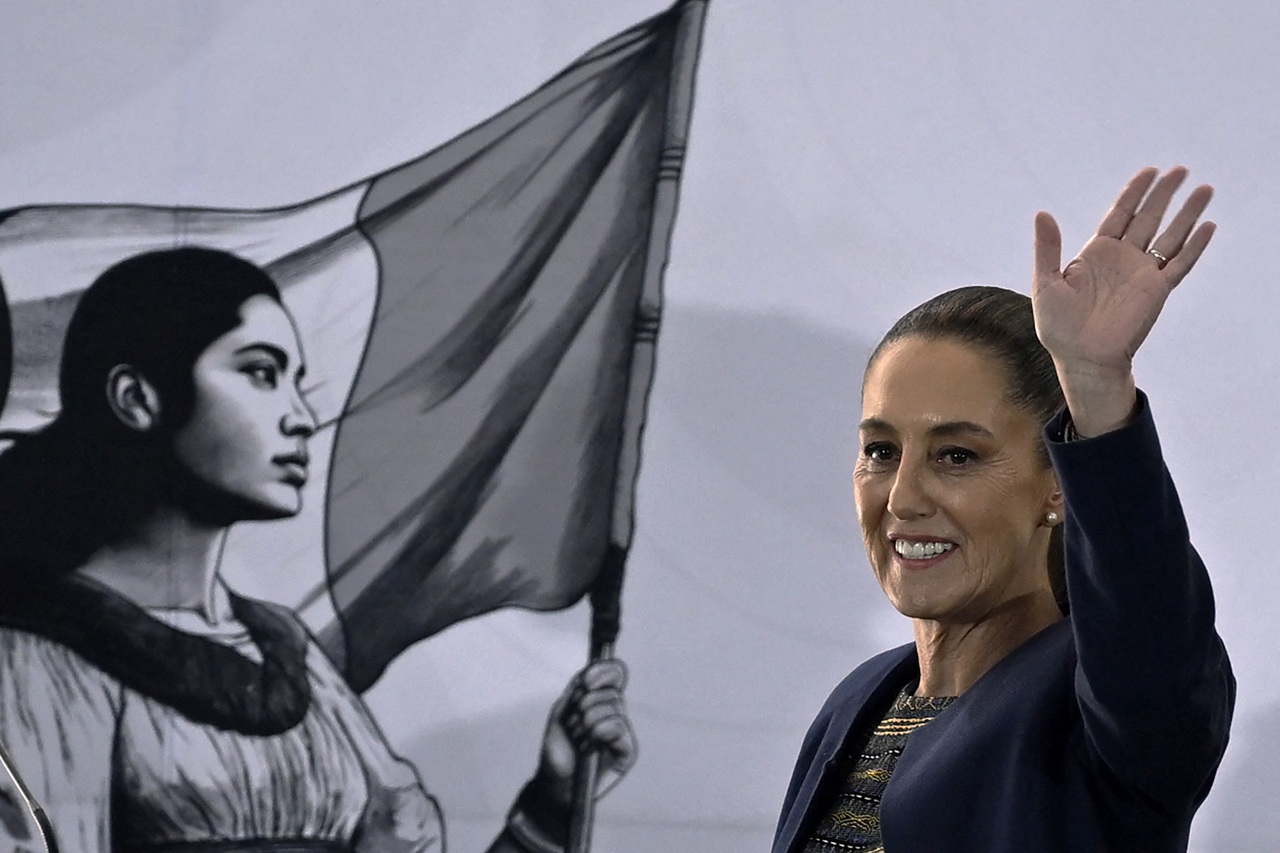
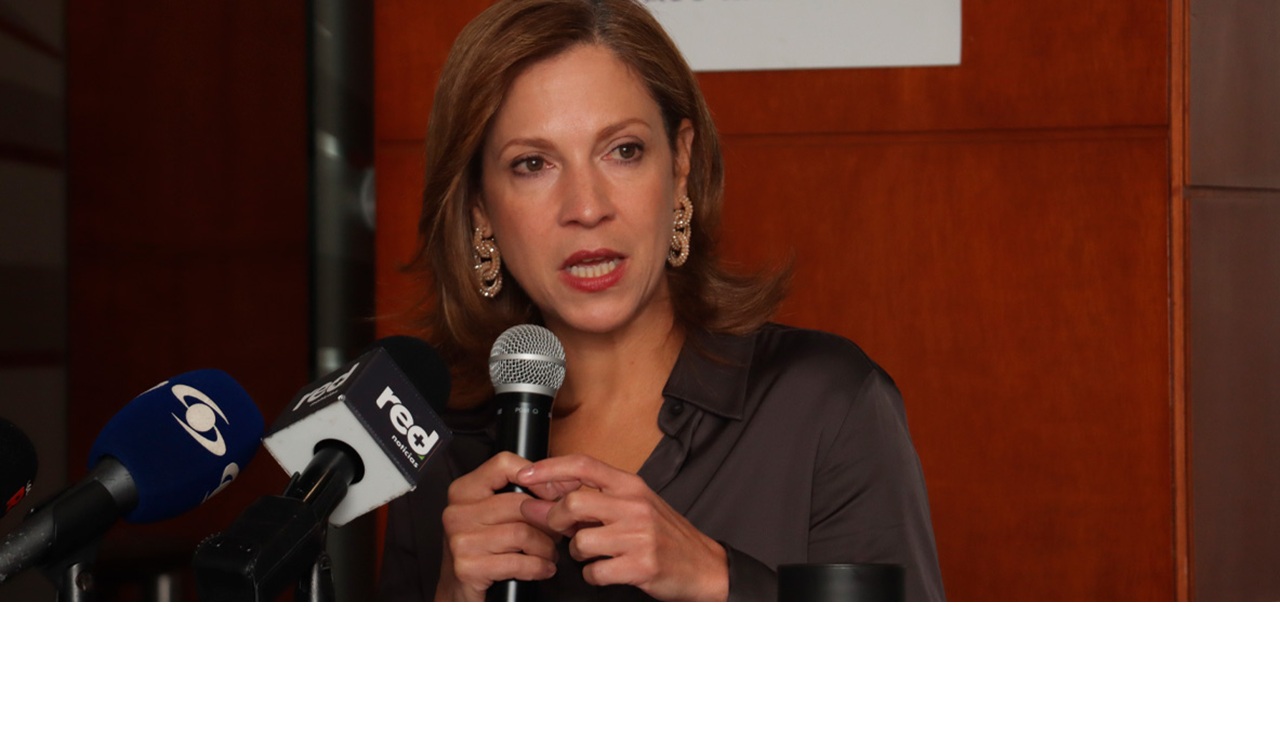

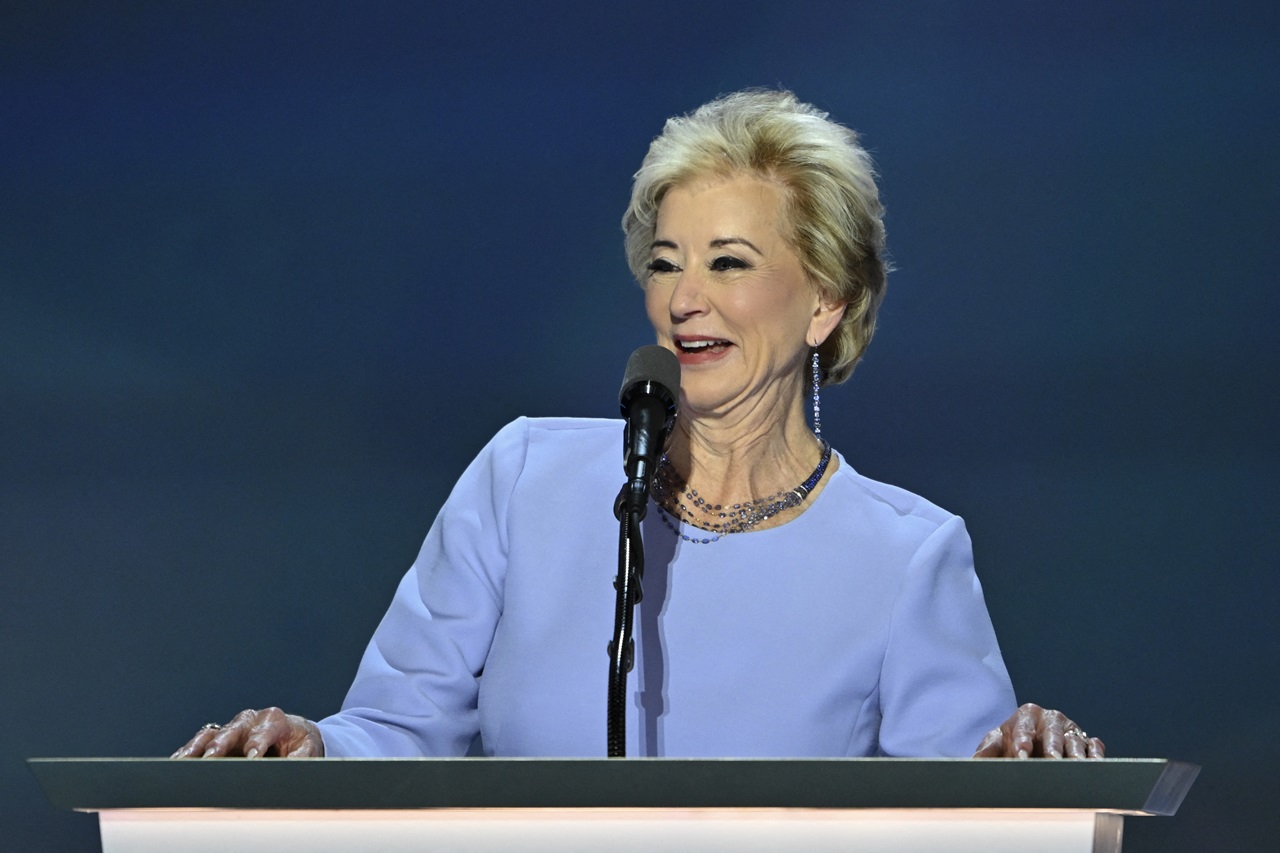
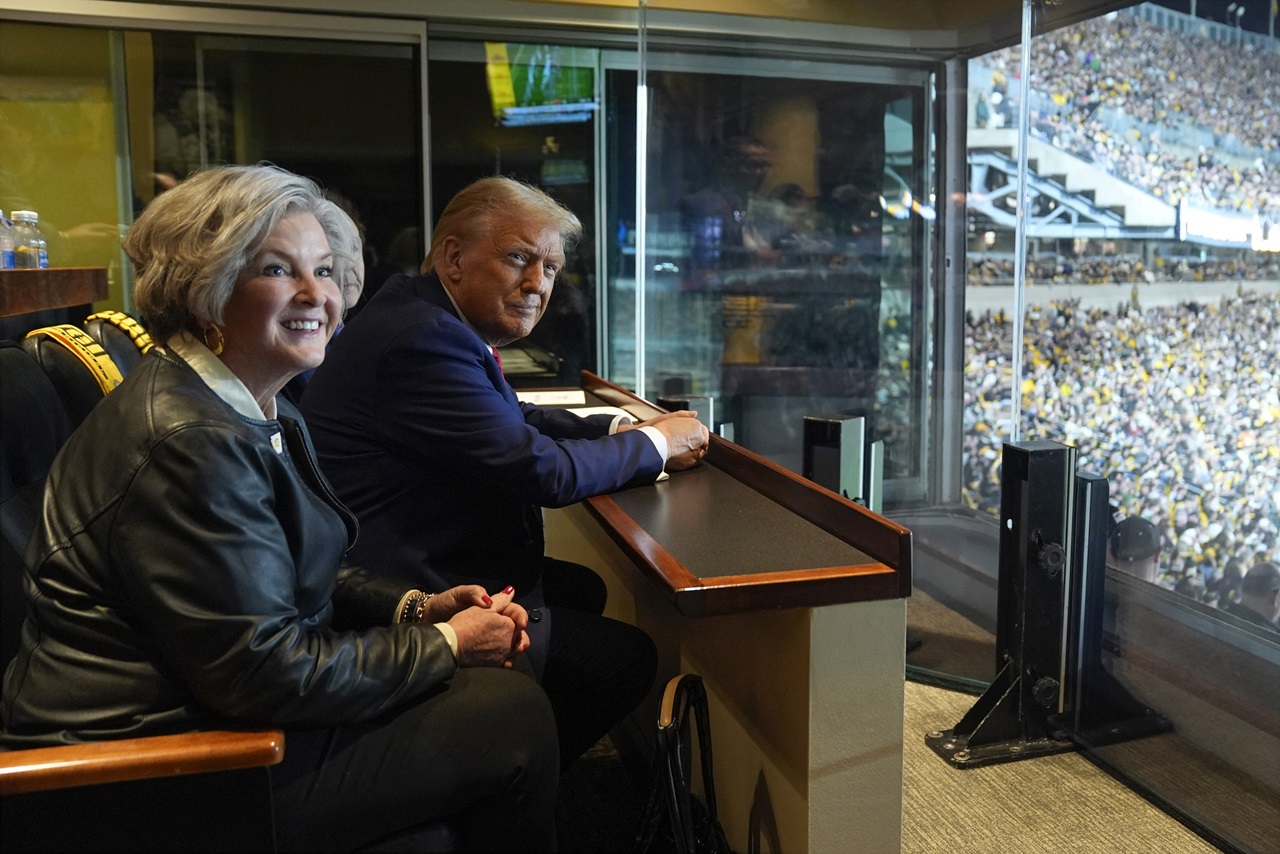
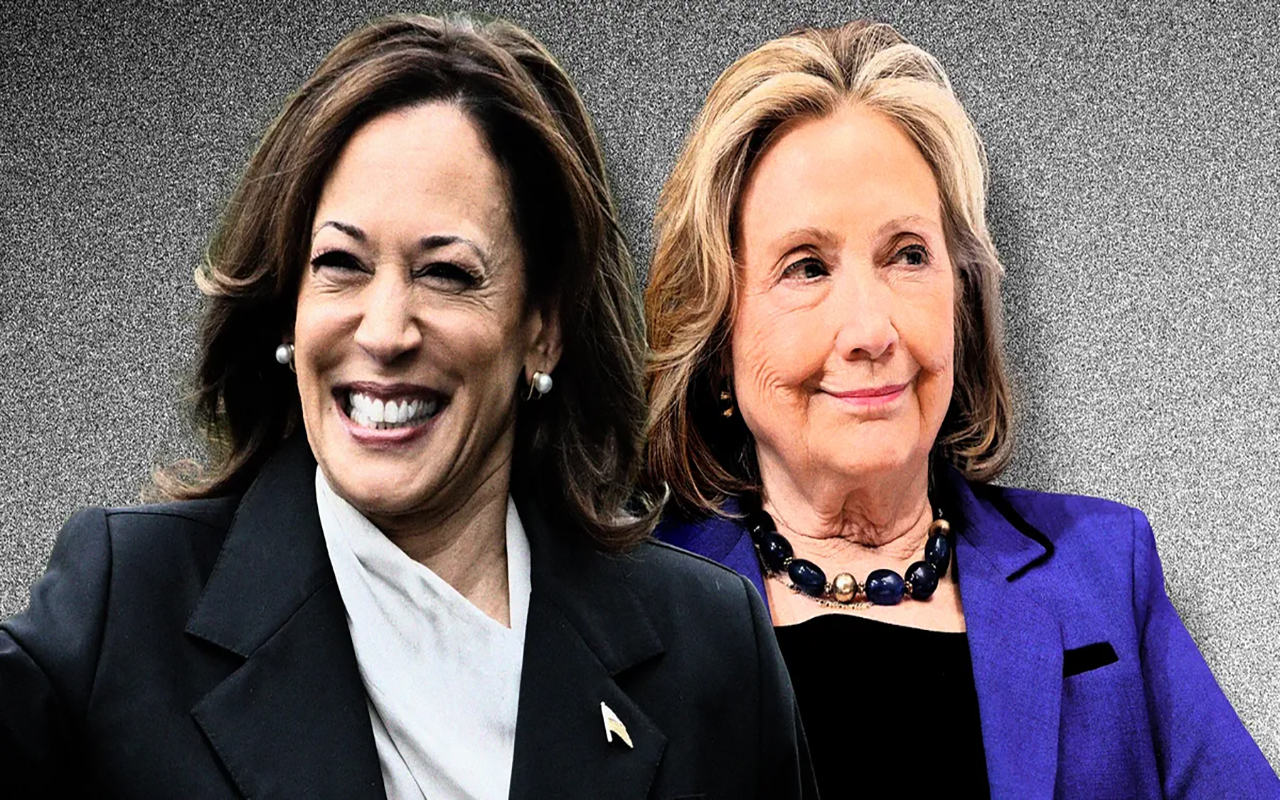
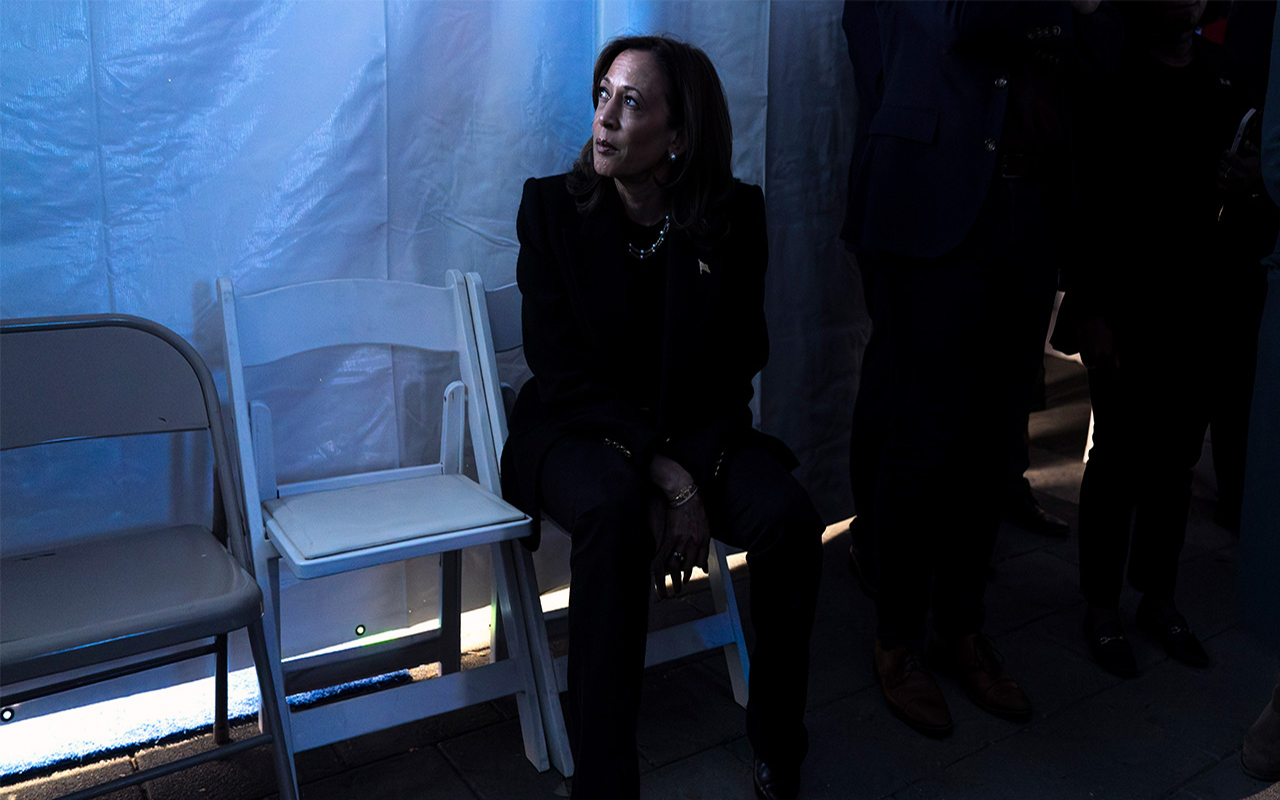
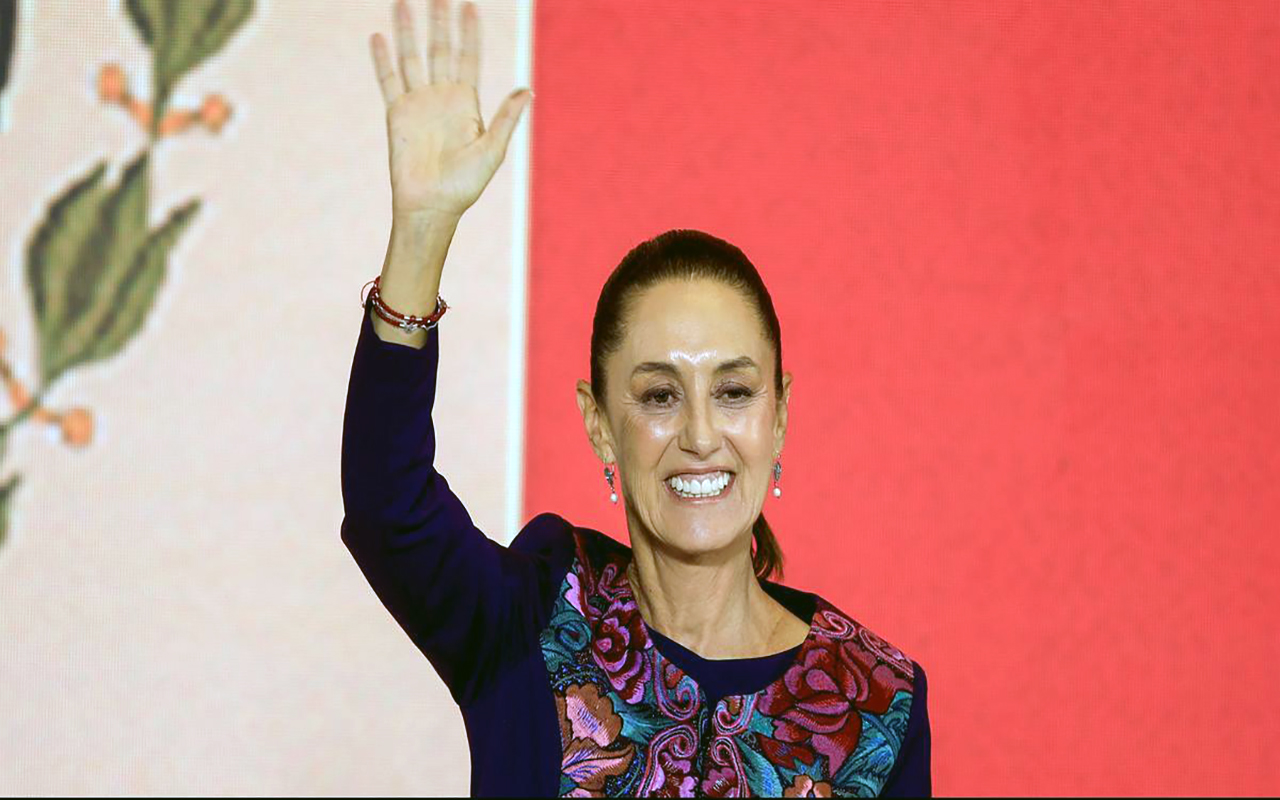

LEAVE A COMMENT: